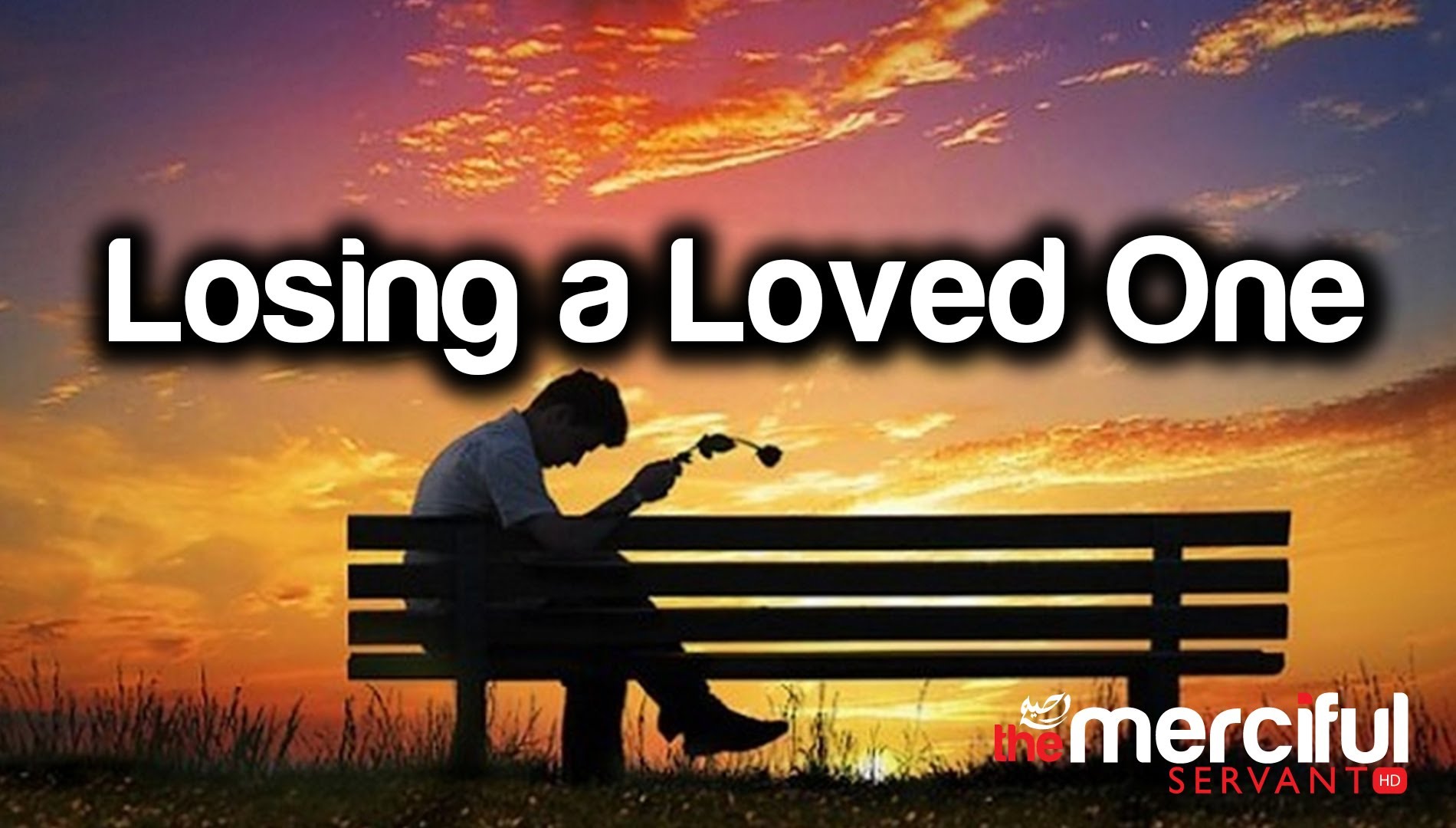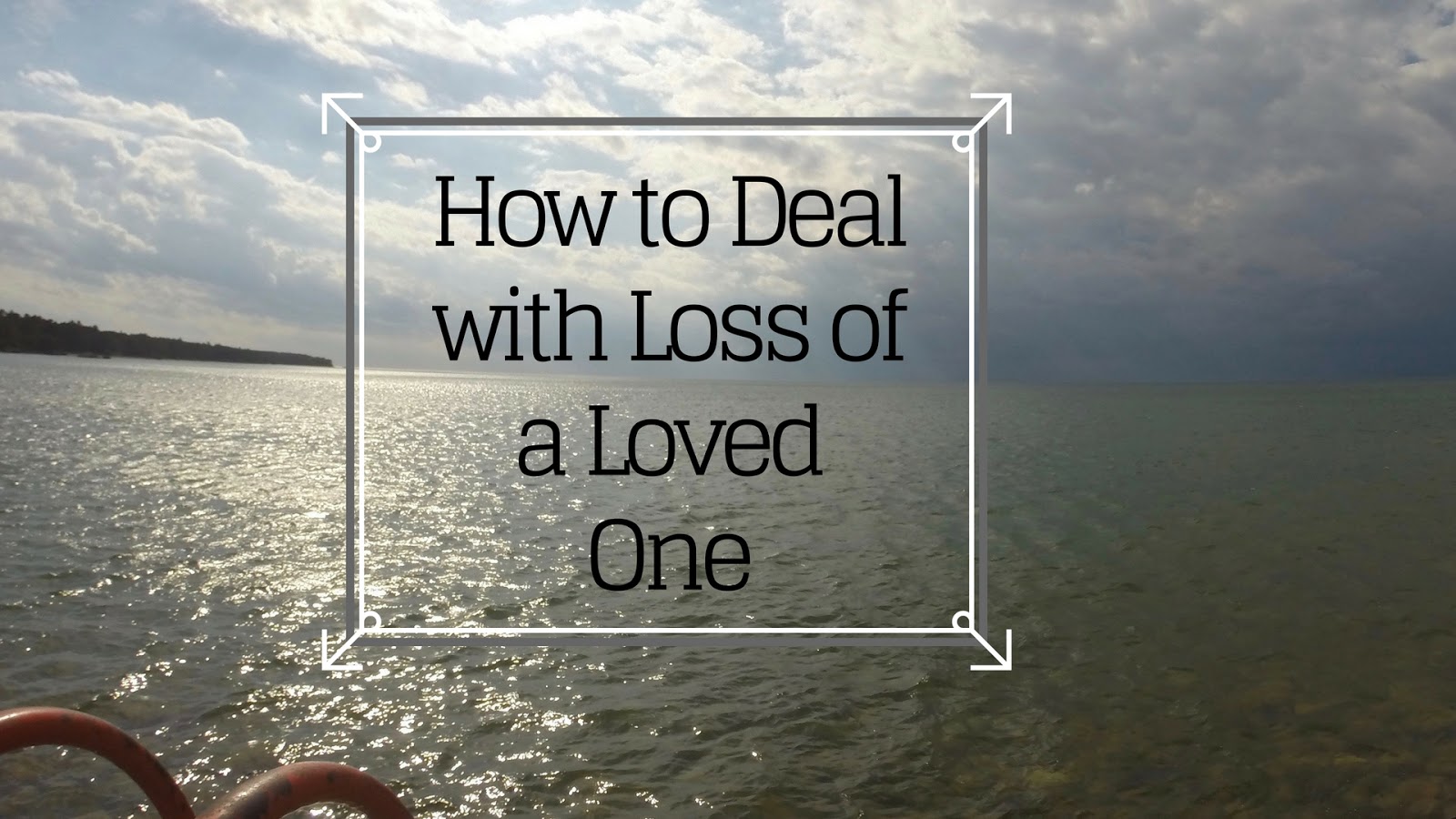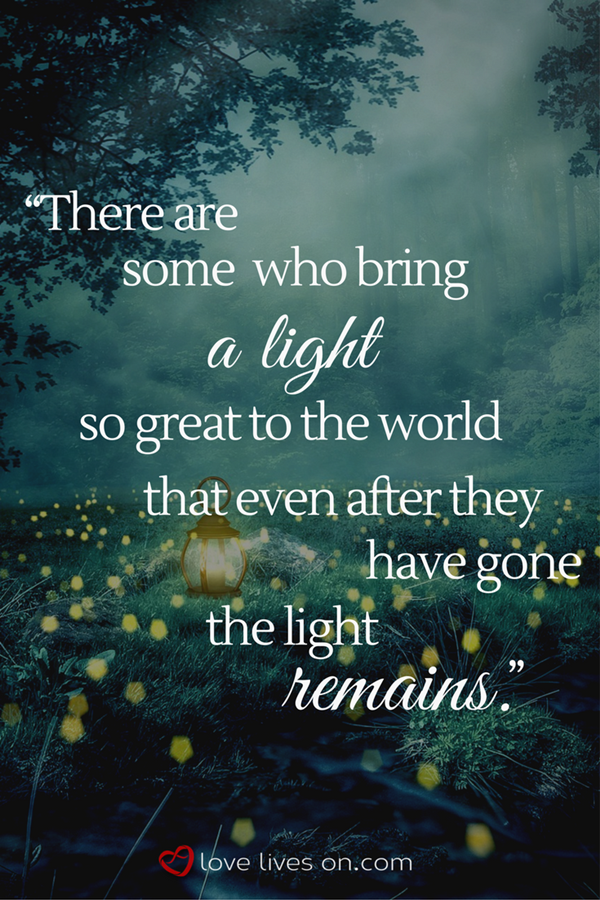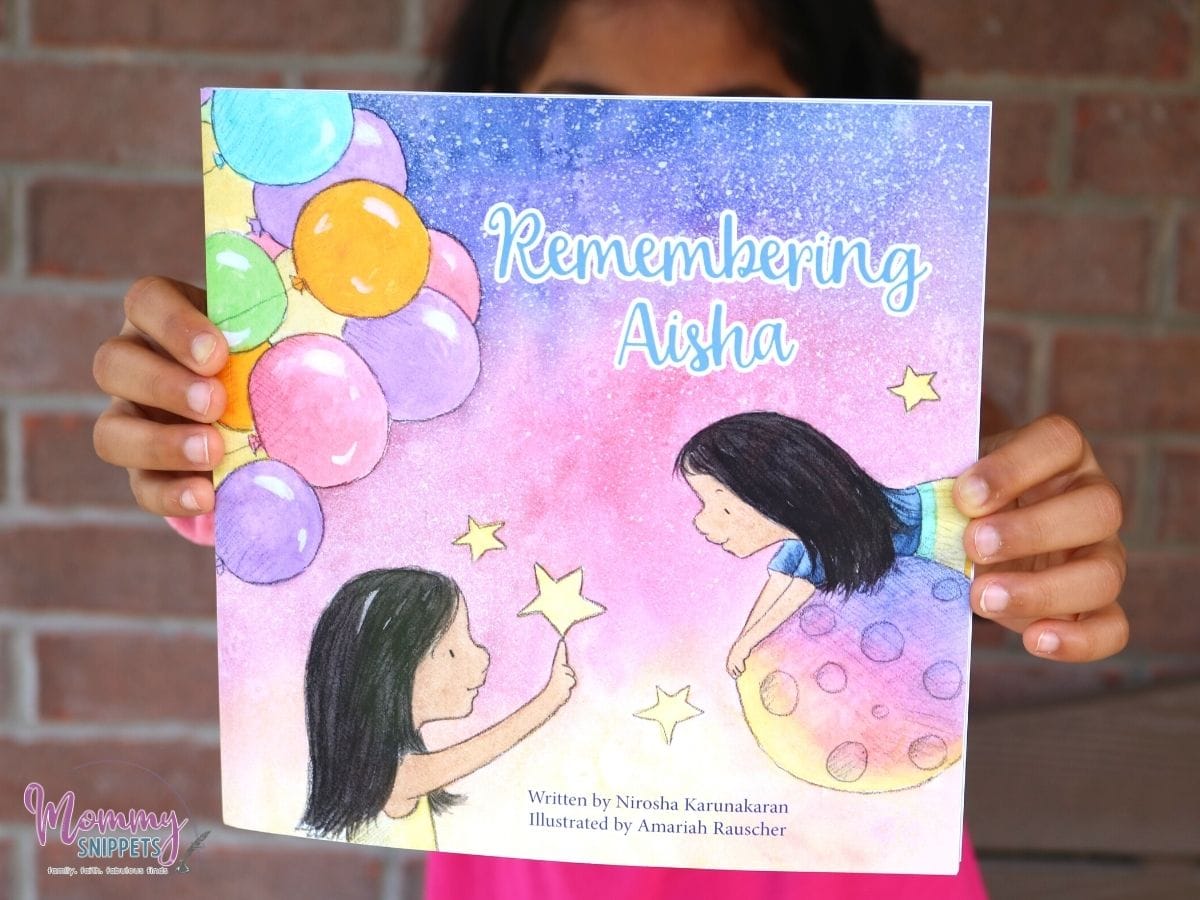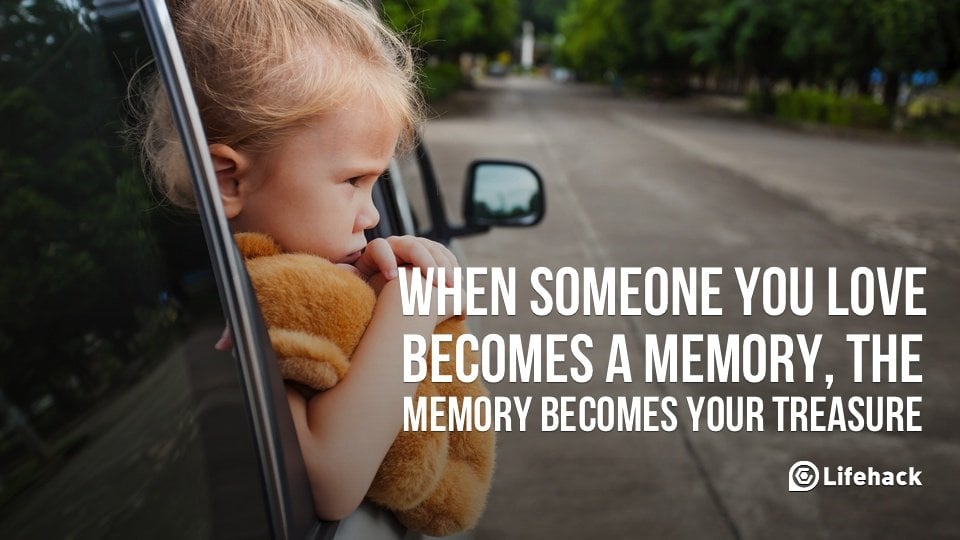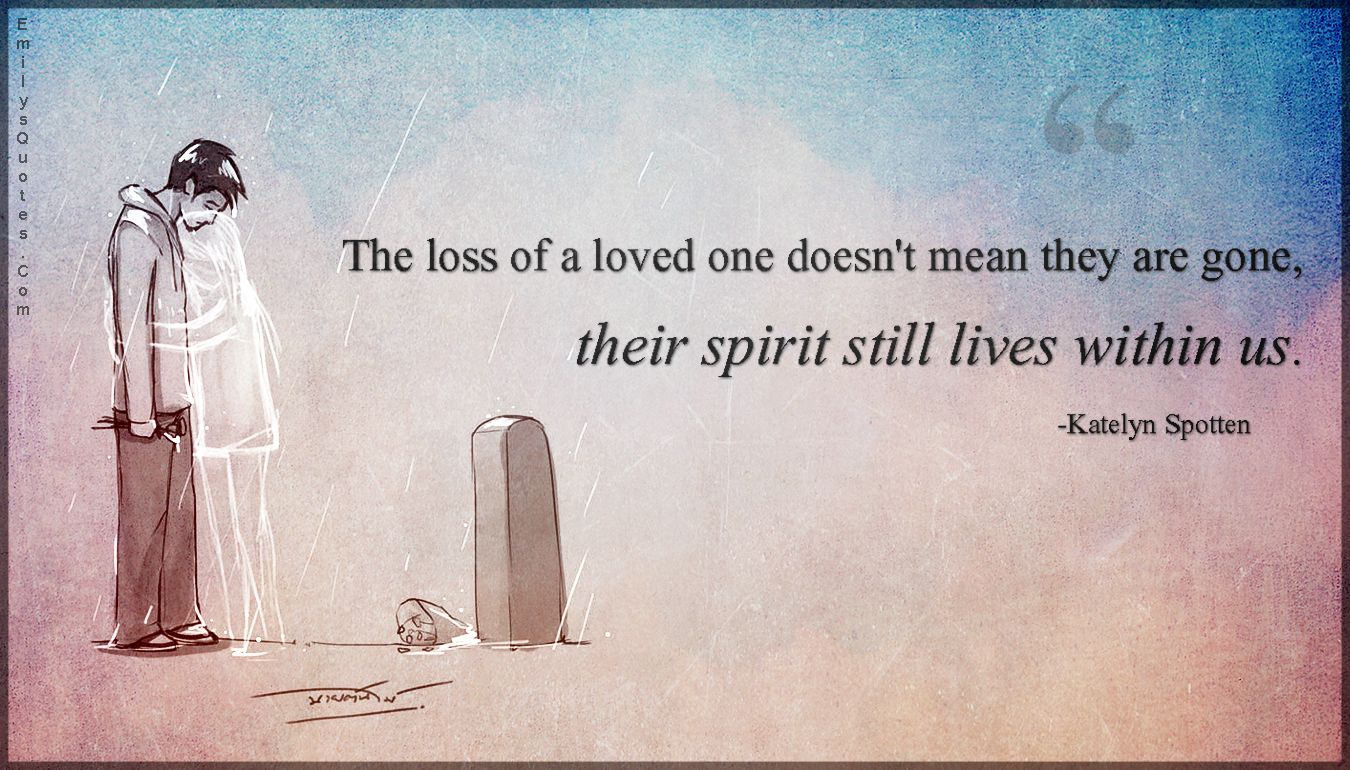Fabulous Info About How To Deal With A Loss Of Loved One
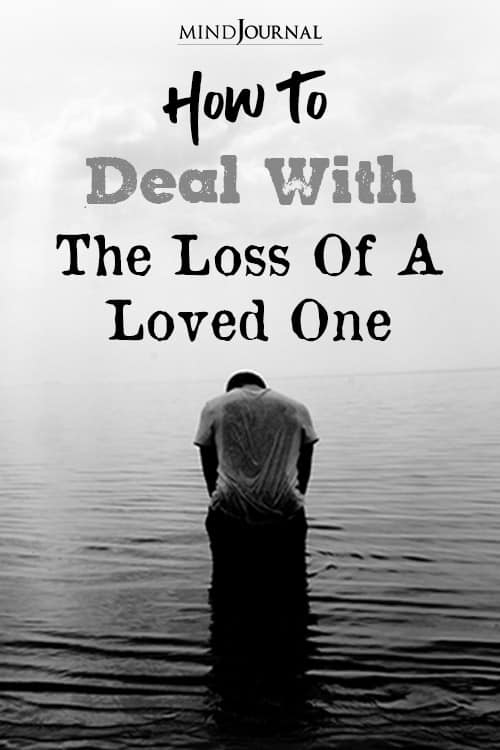
Ask if you can bring dinner, mow the lawn or pick up groceries.
How to deal with a loss of a loved one. Besides acknowledging and accepting the reality of the situation, and embracing real emotions, here are nine healthy ways to deal with the loss of a. George slavich describes how the body responds to grief and ways to cope.
Seek out help when you need to. Offer practical assistance tip 4: Give yourself permission to feel.
Confiding in a professional can help you work through emotions that may be too difficult to share with family or friends, deal with any unresolved issues from your loved one’s death, and find healthier ways to adapt to life following your loss. The grieving process can take a toll on one’s body. Losing a loved one can be an intensely stressful experience that can take a toll on one’s mental and physical health.
While grief comes in waves, some helpful ways to cope include showing ourselves compassion and embracing all the emotions, looking back on the memories (even the negative ones), and remembering that healing takes time. It's important to remember that these feelings are not bad or wrong. But you can’t grieve if you don’t allow yourself the opportunity.
Supplying yourself with knowledge and grieving tactics is the best way to combat your loss. Grief is usually described in relation to the death of a loved one, but other types of major loss can also lead to feelings of grief. Don't be angry at yourself for feeling sad, or tell yourself that you should man up or get over the loss.
After the death of a loved one it is normal to feel sad, upset, or lost. 8 healthy ways to deal with the loss of a loved one. [1] losing someone you love is an emotionally devastating experience.
You can also provide a welcome distraction, offering to go for a walk with. Dealing with suicide loss grieve in your own way reach out for support move beyond the question “why?” let go of guilt, anger, and blame look forward how to help. It's very important that you allow yourself to feel what you are feeling, even if it's.
In the aftermath of loss, you may find yourself grappling with a variety of feelings. Grief after bereavement or loss. Grieving is a normal part of dealing with loss.
Watch for warning signs of depression how to comfort a child who's grieving how to support someone who's grieving Adhering to a healthy diet, exercise routine, and sleep schedule can help you focus on the things you can control. People may feel grief over:
Grief is a normal, natural human emotion that helps you cope with death, not something to hide or feel ashamed of. Other examples of things you can do to help cope after the loss of a loved one include: Simply put, “if pain hurts.
